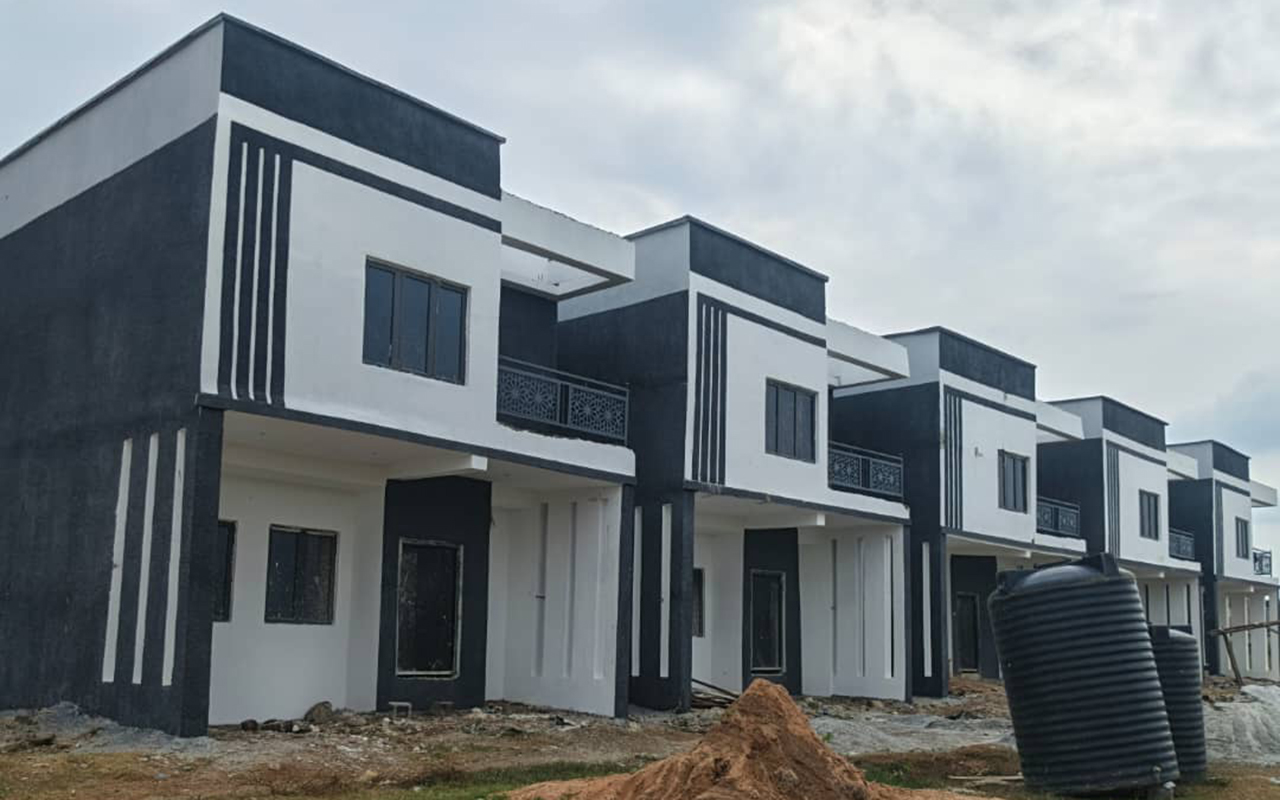The Lagos State Commissioner for Housing, Moruf Akinderu-Fatai, has reaffirmed the Lagos State Government’s commitment to delivering the first phase of the Ilubirin housing project by December 2026.
During an inspection of the site, Commissioner Fatai addressed concerns about the project’s progress and highlighted its significance in projecting Lagos as a 21st-century economy.
“When you pass through this on from the express, it appears as if nothing is going on, but a lot is going on here. We are here to extract from FIDC a commitment to deliver this project, at least the first part of it, which is almost 200 units by the year 2026,” he said.
The commissioner confirmed that previous challenges, particularly those concerning the drainage system and site access, have been largely resolved.
He also revealed that approval for a new bridge leading into the site has been secured, which will further enhance connectivity and the overall appeal of the development.
“This place is going to be multi-use. We’re talking about a hotel. Live, work, play, and leave. It will redefine urban living and contribute significantly to Lagos’s standing on the global stage,” he elaborated.
He emphasised Governor Babajide Sanwo-Olu’s passion for the project, adding, “We are here to push them and to give them support so that we can push this and make the vision a reality.”
Responding to questions about the message the project sends to the world, Akinderu-Fatai linked it to the state’s ‘Themes Plus’ agenda, aimed at transforming Lagos into a 21st-century economy.
He differentiated the Ilubirin project, which caters to the high-end market, from other ongoing initiatives providing housing for low-income earners, noting that approximately 2,200 units are simultaneously under construction for this demographic in areas like Ikoyi and Victoria Island.
The Managing Director of First Investment Development Company (FIDC) Limited, the developer of the Ilubirin Enclave in a joint venture with Ibile Holdings (representing Lagos State), Mr. Adebisi Adebutu, corroborated the commissioner’s timeline.
He revealed that the entire 27-hectare site, when fully developed with various densities of 15-story and 20-story buildings, is expected to yield close to 3,000 dwellings.
Adebutu detailed the significant engineering challenges encountered, including the need for extensive sand filling (close to a million cubic meters) because the site was initially below sea level. “This was crucial to provide for a 100-year storm and prevent flooding,” he said.
To mitigate the impact of fluctuating raw material prices, Adebutu explained FIDC’s strategic decision to localise most of its finishes and manufacturing processes.
“We, in particular, manufacture most of the things that we’re doing on site. All our joinery is manufactured on site, doors, windows, and all of the aluminium is assembled here on site. Furthermore, FIDC owns its construction company and quarries, allowing us to supply our stone,” he said
Adebutu noted that the tiles used for the flooring are cut from natural stone in Nigeria, with plans to use Nigerian-cut granite for the roadways. “There’s no state in Nigeria that doesn’t have stone. All we need to do is just cut it and use it,” he emphasised, highlighting a commitment to local content and sustainability.






